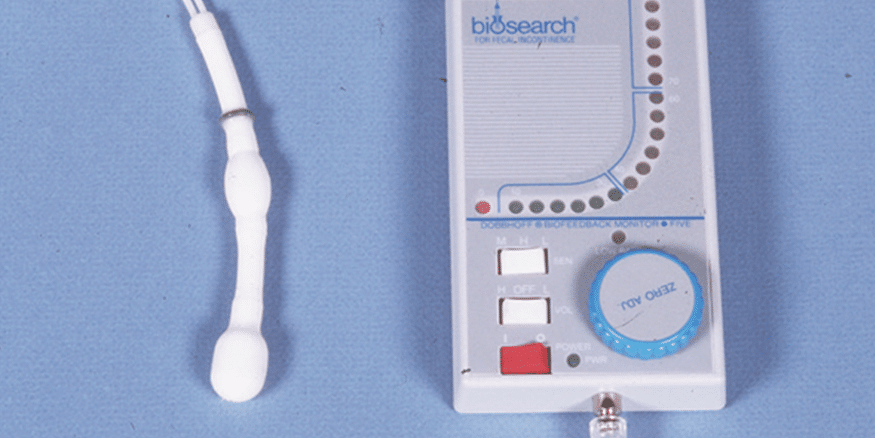Revealing the Secrets of the Brain Through qEEG Brain Mapping Techniques in Mental Wellness Assessment
Revealing the Secrets of the Brain Through qEEG Brain Mapping Techniques in Mental Wellness Assessment
Blog Article
Comprehending the human mind is a complex task, especially when it comes to psychological health. Conventional approaches of assessment often rely on conversations and questionnaires, which can sometimes miss important details about how the brain operates. This is where qEEG brainwave analysis, or qEEG, enters into play. qEEG is a specialized technique that assesses electrical activity in the brain. By examining these neural patterns, psychological health professionals can gain valuable insights into a individual's psychological state, helping to improve assessment and treatment.
qEEG works by placing small sensors on the head to capture brain activity. These sensors measure electrical signals produced by nerve cells, the cells in the brain that interact with one another. The data collected is then analyzed and presented as a series of waveforms. Each kind of neural wave—such as alpha, β, delta, and theta—corresponds to various mental states and functions. For instance, α waves are commonly linked with relaxation, while β waves are associated to active cognition and issue resolution. By analyzing these patterns, healthcare providers can identify irregularities that may suggest mental health issues.
One of the significant benefits of qEEG is its capability to offer objective data. In contrast to conventional evaluations that rely on personal reports from clients, qEEG offers a distinct picture of brain activity. This clarity can assist minimize prejudices in assessment and result to more precise treatment plans. For instance, if a client is experiencing anxiety, qEEG can reveal specific trends of brain activity that are associated with anxiety see this disorders. This data enables mental health professionals to tailor treatments more efficiently, whether through therapy, pharmaceuticals, or alternative approaches.
Additionally, qEEG can be especially useful in monitoring treatment progress. By conducting qEEG assessments at different points during therapy, healthcare providers can monitor variations in neural function over period. This continuous assessment assists ascertain if a treatment is effective or if modifications are needed. For instance, if a patient is not responding to a specific medication, qEEG may show that their neural activity has not altered in a manner that suggests progress. This response cycle can result to more customized and efficient psychological health treatment.
In summary, qEEG cerebral mapping is a powerful tool in the field of psychological health assessment. By offering unbiased data about brain activity, it enhances the comprehension of different psychological health conditions. This technique not only aids in accurate diagnosis but also helps in monitoring treatment effectiveness. As mental health professionals continue to investigate the capabilities of qEEG, it possesses promise for improving the lives of people facing psychological health challenges. With ongoing research and advancements in technology, the mysteries of the mind may turn more apparent, resulting to better results for those in requirement of assistance.